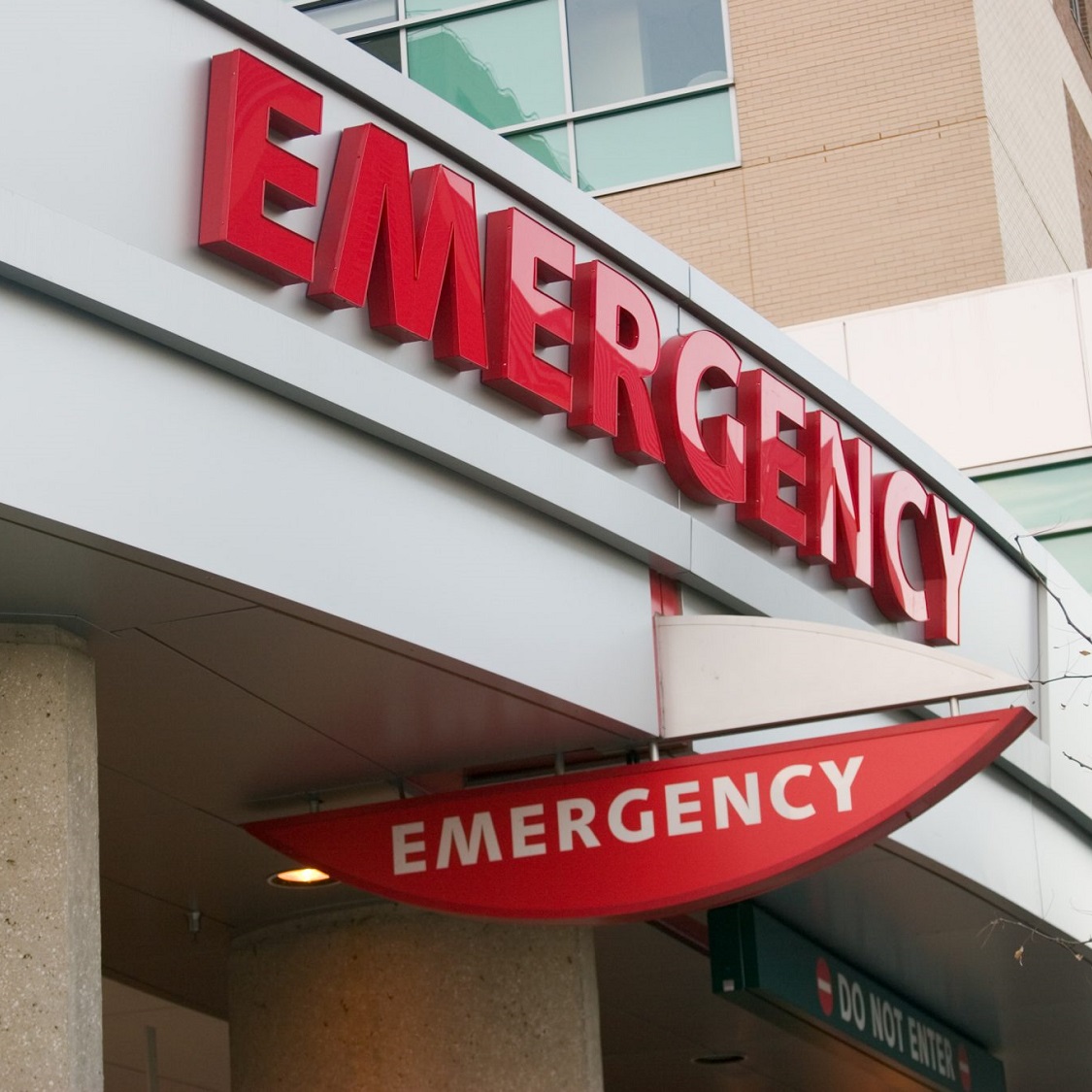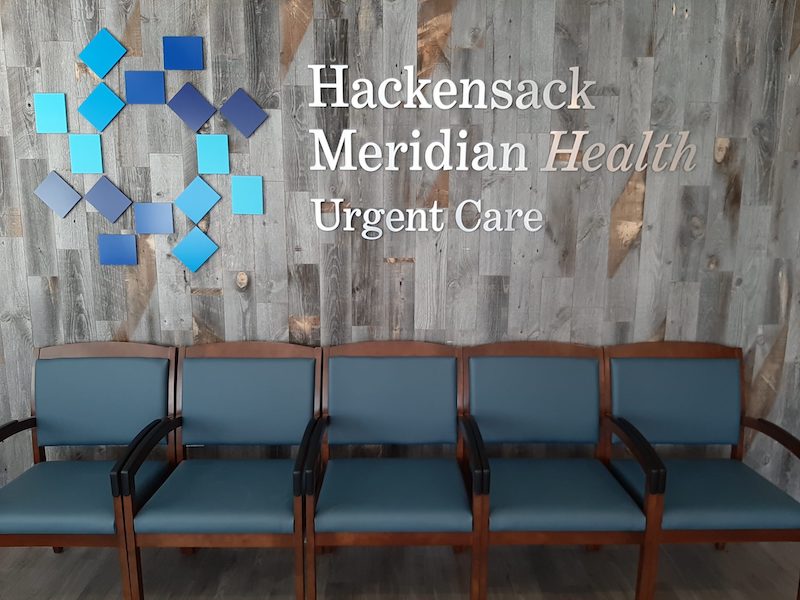Don’t Resist Going to the Emergency Room: Here’s Why

April 10, 2020
Here are several reasons why you should not resist going to the emergency room in fear of contracting COVID-19.
1. Certain Conditions Are Deadlier Than COVID-19
What we’re seeing on the news about COVID-19 positive patients is scary. There’s still so much unknown about the disease and sometimes the fatalities have been highlighted more than the recoveries. But the truth is, most people who contract COVID-19 will have mild symptoms and are able to recover at home without medical care. On the flip side, heart disease is the leading cause of death and stroke is the leading cause of disability for men and women in the U.S. With both heart disease and stroke, medical intervention is necessary for recovery.
We cannot stress this enough: If you experience any warning signs of a stroke or heart attack, do not wait to take action and call 911. You need to be evaluated as soon as possible.
What are the Warning Signs?
Symptoms of a stroke include:
- Balance issues
- Vision problems
- Facial drooping
- Arm weakness
- Speech difficulty
Symptoms of a heart attack include:
- Chest discomfort – pressure, squeezing, fullness or pain
- Discomfort in other areas of the upper body like the arms, back, neck, jaw or stomach
- Shortness of breath
- Other signs including cold sweats, nausea or light headedness
2. Faster Treatment Means Better Outcomes
Strokes and heart attacks occur when there’s disruption of blood flow to the brain and heart muscle. These disruptions occur when there’s a clot or plaque buildup that’s causing blockage in various arteries or when an artery breaks open, causing internal bleeding. In both cases, the longer the blood supply is lost, the greater the damage.
There are incredible new medical interventions that allow physicians to prevent or reverse the effects of heart attack or stroke if they are addressed early enough.
The point: Waiting to get the care you need can cause significant, life-threatening issues.
3. It’s Unlikely That You’ll Get COVID-19
Although walking into a hospital can make you feel like you’re in extreme risk of getting COVID-19, the risk is actually very small for a patient to catch the virus from another patient during an emergency department visit if recommended precautions are in place. These precautions, in effect at Hackensack Meridian Health facilities, are as follows:
- There is a thorough protocol in place for regular cleaning and sanitizing of all surfaces and rooms.
- The traditional scene of a packed waiting room is no longer the reality. There is limited traffic inside the waiting room and people are not waiting in that environment. They are typically brought from cars into private rooms, one at a time.
- Emergency departments are keeping distance between patients and minimizing contact through triaging systems, including tents and private rooms.
- All employees in the emergency department are equipped with proper personal protective equipment while interacting with a positive or suspected positive patient, reducing their risk of contracting and transmitting the disease.
- Limited visitor policies have been instated across Hackensack Meridian Health, again reducing the number of people in one place at a time.
- Hackensack Meridian Health hospitals are testing all admitted patients for COVID-19, including patients admitted from the Emergency Department as an inpatient or observation case.
4. You Need to Look Out for Your Children
In addition to the potentially life-threatening impact of ignoring signs of heart attack and stroke, health care professionals are urging parents to not delay seeking emergency treatment for pediatric issues because of concerns about the pandemic. Conditions (such as respiratory issues) can manifest and wreak havoc more quickly in children than adults. Any delay in obtaining emergent treatment can put a child at risk for severe infection.
Next Steps
- Register for telemedicine through HMH care NOW
The material provided through HealthU is intended to be used as general information only and should not replace the advice of your physician. Always consult your physician for individual care.
Find a doctor near me
When is the Emergency Department the Right Choice?

Do you know where to go in a medical emergency? And do you know how to recognize one? Learn more.
I Think I Have Coronavirus, Now What?

Coronavirus symptoms? Learn how to protect yourself and others. Get expert advice; call 800-822-8905 or use telemedicine.
Find a doctor near me

Is It Safe to Visit An Urgent Care Right Now?
Urgent care safety concerns? Learn about enhanced safety measures & how to prepare for your visit. Find a nearby urgent care center now.

When & How to Schedule a Virtual Visit if You’re Feeling Sick
One valuable resource that allows you to visit a doctor without sitting in a waiting room is telemedicine. Learn more.

When to Use an At-Home COVID Test Kit
At-home COVID tests: Learn when to use them, types available, & reliability from Dr. Cicogna. Get testing info & schedule an appointment.

ER vs. Urgent Care vs. Pediatrician
When your child gets sick, it can be hard to know - should you go to the emergency room (ER), urgent care or pediatrician?
